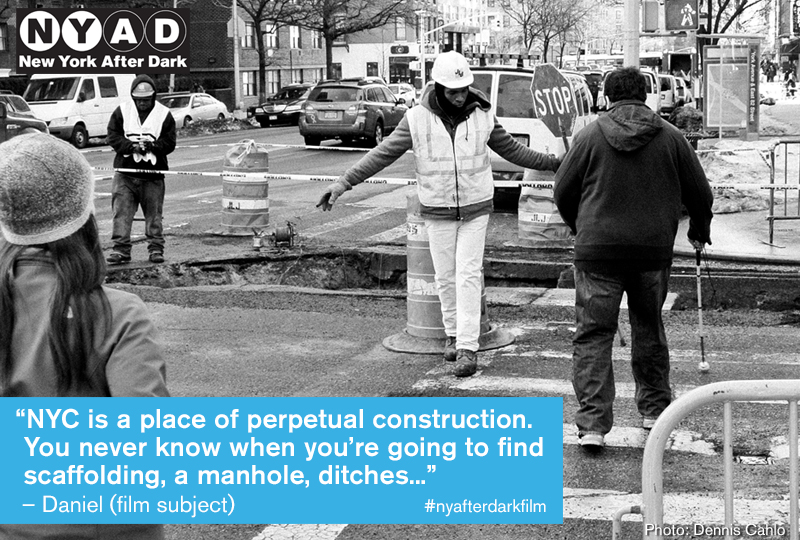It was an unusually picture perfect summer day in New York City with temperatures in the mid-70’s, blue skies, and none of the humidity that had been plaguing the city in the prior weeks. It was a perfect day for baseball.
Only the game taking place at Field #4 in Central Park’s Great Lawn was quite different than most as the players were all blind or visually impaired.
“We like to come up with recreational activities for the blind and visually impaired so they can go out and socialize, be physically active and integrate with sighted people in different games,” said Ed Plümacher, Co-Founder and Director of AccessQuest, an organization that empowers the way blind and visually impaired people live, learn, work and socialize.
Plümacher, who is legally blind, recently discovered an adaptive form of baseball for the blind and visually impaired that is popular in Italy and organized the clinic in Central Park.
Two coaches, Fabio Giurleo and Lele Crippa, traveled over from Italy to help run the clinic, as did two players from the AIBXC league (Italian Blind Baseball Association) – Matteo Briglia and Flos Venetiae.
They were joined by Hall of Fame Baseball Coach Don Landolphi, who discovered this form of adaptive baseball while coaching in Florence, Italy in 2007. “To me it’s real baseball. They have to have many of the skills that are required for baseball and they have to implement them on the field.”
More than a dozen blind and visually-impaired participants were ready to take the field as they practiced drills, which included running towards bases using sound (whistles and clapping) as a navigation device, self-batting (no pitcher is involved), and catching the ball, which has a jingle-type bell enclosed in it.
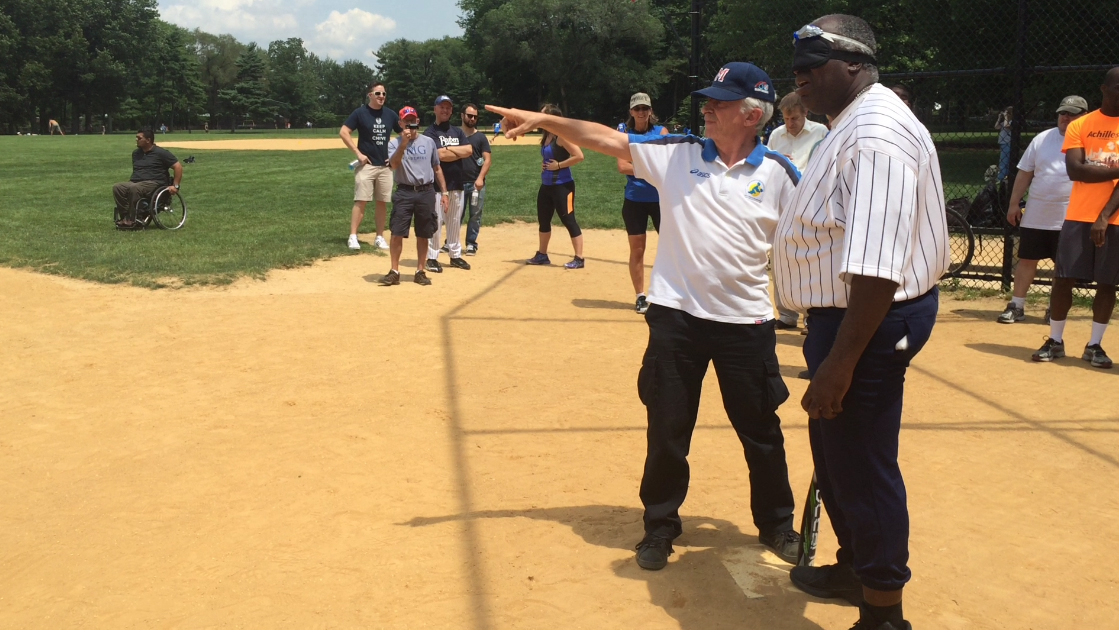
A player is coached to call for first and third bases (which will make a noise such as a whistle) in order to orient himself while at bat.
According to Landolphi, the only non-challenged player is the individual at second base who catches the ball from the defensive team when they throw it. (Rules for this type of adaptive baseball are much different from the game known as ‘Beep Baseball’, which is more popular in the US.)
One of the hopes is to get more countries involved with the sport so that it can be accepted into the Paralympics. Currently there are leagues in Italy, Cuba, Austria, Hungary, Germany and France.
“Hopefully in September we will kick off some more clinics,” said Plümacher. “Our goal is to put a team or two here in New York City so that we can compete and maybe go over and play the Italians.”

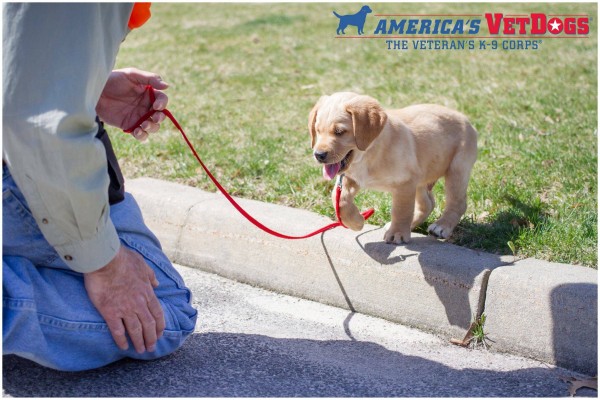




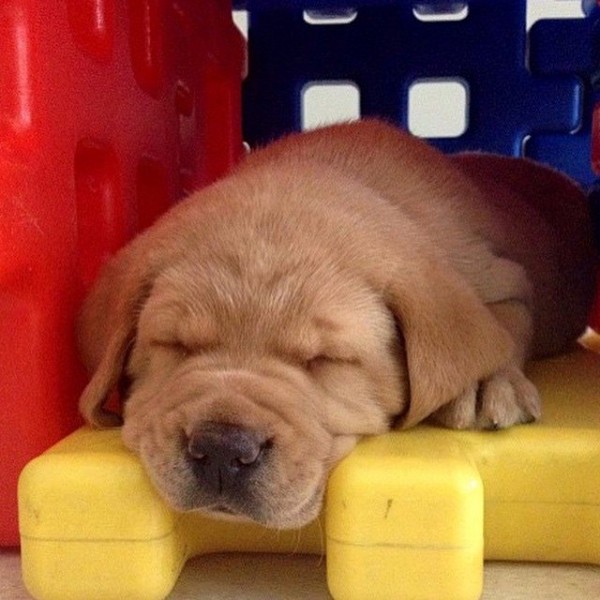
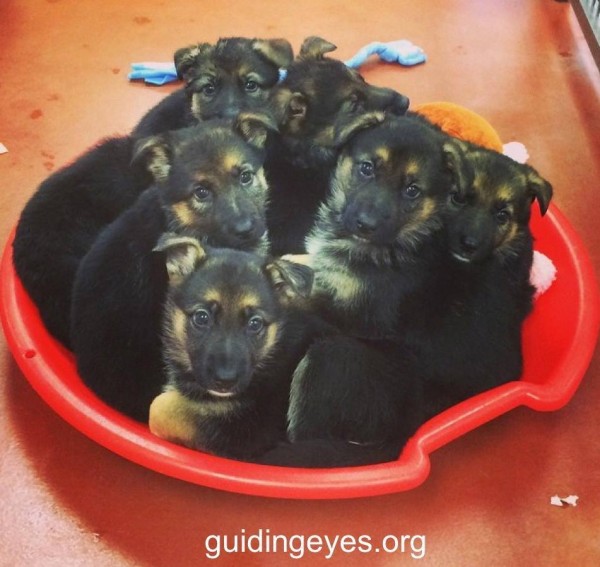



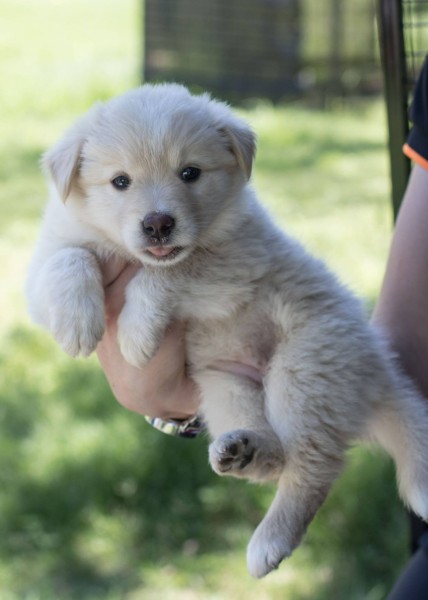

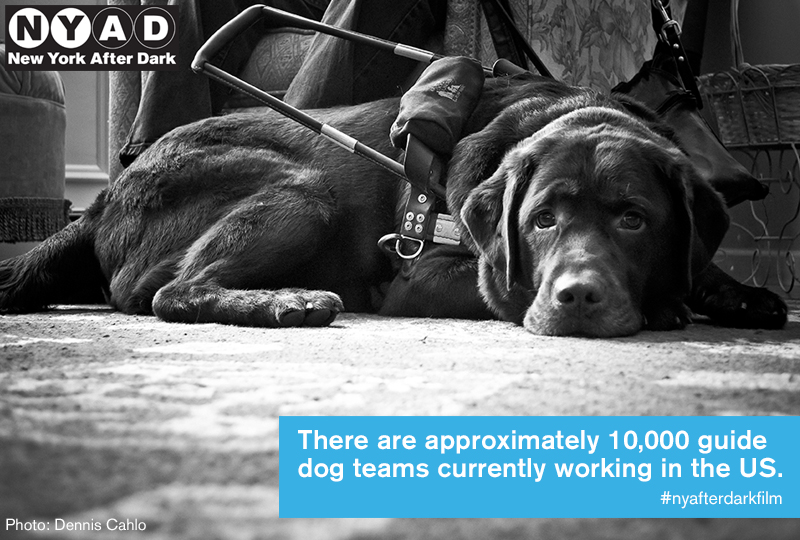
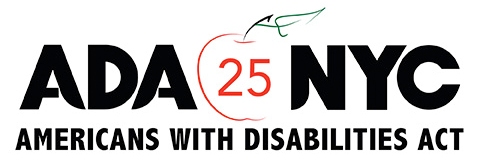
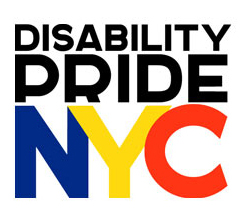 Disability Pride Parade
Disability Pride Parade